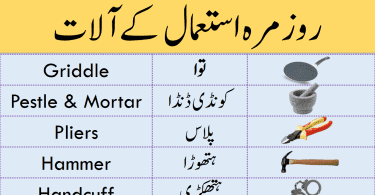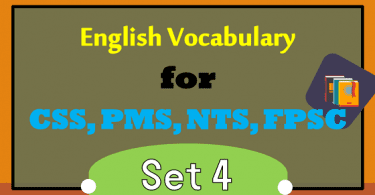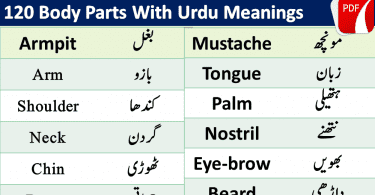Adjectives describe people, things, places, and emotions. Learning opposite adjectives in English helps ESL learners and students build stronger vocabulary by understanding how meanings change. This post includes 200 opposite adjective pairs with examples, grouped by topic and supported with meanings and images to make learning descriptive words easier.
In This Page
List of 100 Adjectives and their Opposites in English
Here is a complete list of 100 adjectives with their opposites, perfect for improving English vocabulary and understanding descriptive words through contrast.
- Big – Small
- Fast – Slow
- Tall – Short
- New – Old
- Young – Old
- Hot – Cold
- Happy – Sad
- Near – Far
- Early – Late
- Clean – Dirty
- Kind – Mean
- Brave – Cowardly
- Polite – Rude
- Friendly – Unfriendly
- Smart – Foolish
- Lazy – Active
- Shy – Confident
- Noisy – Quiet
- Helpful – Unhelpful
- Wide – Narrow
- Thick – Thin
- Deep – Shallow
- Smooth – Rough
- Heavy – Light
- Long – Short
- Straight – Curly
- Flat – Round
- Fat – Slim
- Soft – Hard
- Excited – Bored
- Relaxed – Tense
- Calm – Nervous
- Hopeful – Hopeless
- Joyful – Miserable
- Cheerful – Moody
- Loving – Hateful
- Grateful – Ungrateful
- Proud – Ashamed
- Patient – Impatient
- Fast – Sluggish
- Quick – Slow
- Early – Late
- Frequent – Rare
- First – Last
- Busy – Free
- Rapid – Gradual
- Sudden – Gradual
- Constant – Occasional
- Wet – Dry
- Bright – Dark
- Sunny – Cloudy
- Warm – Cool
- Safe – Dangerous
- Full – Empty
- Loud – Quiet
- Open – Closed
- Hardworking – Lazy
- Clear – Foggy
- Strong – Weak
- Rich – Poor
- Cheap – Expensive
- Beautiful – Ugly
- Difficult – Easy
- Sharp – Dull
- Bitter – Sweet
- Simple – Complicated
- Straight – Bent
- Honest – Dishonest
- Loyal – Disloyal
- Correct – Incorrect
- Alive – Dead
- Present – Absent
- Legal – Illegal
- Possible – Impossible
- Visible – Invisible
- Regular – Irregular
- Known – Unknown
- Useful – Useless
- Necessary – Unnecessary
- Tidy – Messy
- Soft – Firm
- Smooth – Wrinkled
- Generous – Greedy
- Caring – Careless
- Fearless – Fearful
- Deep – Shallow
- Energetic – Tired
- Interesting – Boring
- Clear – Confusing
- Sharp – Blunt
- Modern – Ancient
- True – False
- Fresh – Rotten
- Wet – Dry
- Loud – Mute
- Visible – Hidden
- Polished – Rough
- Awake – Asleep
- Busy – Idle
- Bright – Dull
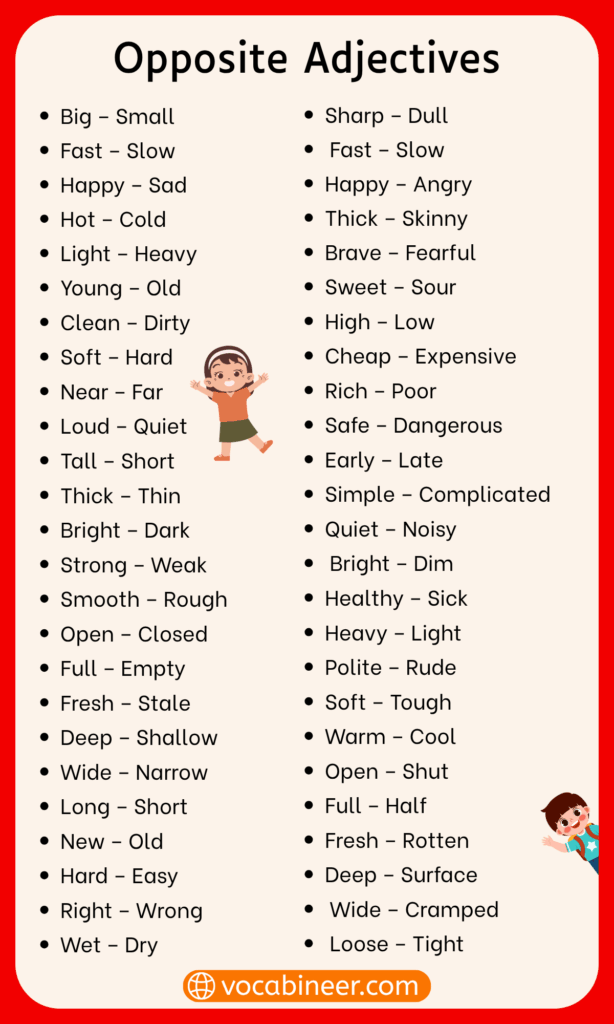
Common Opposite Adjective Pairs for Beginners
These easy opposite adjectives are often used in daily life. Each pair helps learners describe size, feeling, age, and condition.
- Big – Small
- Hot – Cold
- Happy – Sad
- Fast – Slow
- Tall – Short
- New – Old
- Near – Far
- Clean – Dirty
- Easy – Difficult
- Heavy – Light
- Young – Old
- Early – Late
- Hard – Soft
- Open – Closed
- Nice – Mean
- Full – Empty
- Right – Wrong
- Noisy – Quiet
- Wet – Dry
- Strong – Weak
Describing People with Positive and Negative Adjectives
These opposite adjective pairs are used to describe someone’s personality, behavior, or attitude in simple words.
- Kind – Rude
- Friendly – Unfriendly
- Polite – Impolite
- Honest – Dishonest
- Brave – Cowardly
- Helpful – Unhelpful
- Hardworking – Lazy
- Confident – Shy
- Cheerful – Moody
- Loyal – Disloyal
- Generous – Greedy
- Optimistic – Pessimistic
- Respectful – Disrespectful
- Caring – Careless
- Patient – Impatient
- Fair – Unfair
- Tidy – Messy
- Reliable – Unreliable
- Creative – Unimaginative
- Talkative – Quiet
Opposite Adjectives for Size, Shape, and Appearance
These describing words are useful when talking about how people or objects look in terms of size, shape, or feel.
- Big – Small
- Wide – Narrow
- Thick – Thin
- Tall – Short
- Fat – Slim
- Heavy – Light
- Long – Short
- Straight – Curly
- Flat – Round
- Smooth – Rough
- Soft – Hard
- Deep – Shallow
- Clean – Dirty
- Neat – Messy
- Attractive – Unattractive
- Bright – Dull
- Strong – Weak
- Beautiful – Ugly
- Tidy – Untidy
- Shiny – Faded
Feelings and Emotions Opposites in English Vocabulary
These opposite adjectives describe emotional states, attitudes, and moods. They’re helpful in daily conversations, stories, and classroom expressions.
- Happy – Sad
- Excited – Bored
- Calm – Nervous
- Relaxed – Tense
- Hopeful – Hopeless
- Joyful – Miserable
- Cheerful – Moody
- Loving – Hateful
- Proud – Ashamed
- Grateful – Ungrateful
- Kind – Cruel
- Caring – Careless
- Confident – Insecure
- Fearless – Fearful
- Patient – Impatient
- Polite – Rude
- Honest – Dishonest
- Friendly – Unfriendly
- Helpful – Unhelpful
- Trusting – Doubtful
Adjectives with Opposites Related to Time, Speed, and Quantity
These opposite adjective pairs are useful when talking about how often, how fast, or how much something happens.
- Early – Late
- Fast – Slow
- Quick – Delayed
- Short – Long
- Frequent – Rare
- Sudden – Gradual
- Busy – Free
- Rapid – Sluggish
- First – Last
- Constant – Occasional
- Plenty – Few
- Full – Empty
- Thick – Thin
- Wide – Narrow
- Heavy – Light
- High – Low
- Strong – Weak
- More – Less
- Short-term – Long-term
- Daily – Weekly
Easy Opposite Adjectives in English for Kids
These simple adjective pairs are perfect for children who are beginning to learn how to describe things using opposites.
- Big – Small
- Hot – Cold
- Happy – Sad
- Fast – Slow
- Tall – Short
- Clean – Dirty
- Open – Closed
- Full – Empty
- Nice – Mean
- Near – Far
- Soft – Hard
- Light – Heavy
- Up – Down
- Wet – Dry
- Good – Bad
- Yes – No
- In – Out
- On – Off
- High – Low
- Strong – Weak
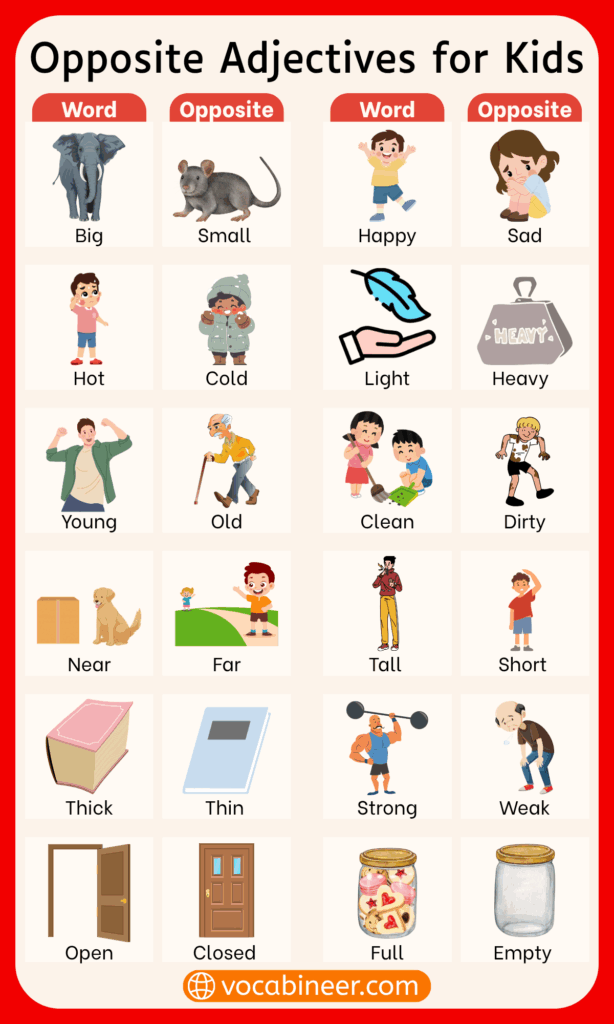
FAQs About Opposite Adjectives
They are pairs of words with opposite meanings, like hot and cold.
There are hundreds, but around 200–300 are used frequently in school and daily life.
They help show contrast, describe emotions, and improve sentence variety.
Most common adjectives do, but some like “unique” or “perfect” may not have exact opposites.
Group them by theme, use flashcards or pictures, and practice in short sentences.
Read More


